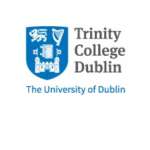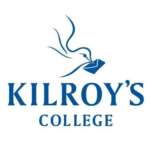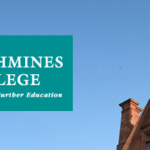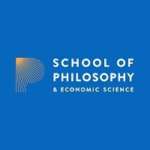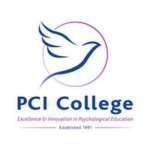Addiction Studies.
A course in Addiction Studies will teach students that addiction is a psychological disorder rather than a moral failing. The distinction is important if non-judgemental and effective treatment of clients is to be possible.
Addiction is generally associated with drug abuse both medical and recreational but the term has a broader definition today. While commonly referred to as a disease, addiction can fall under several headings, including substance dependence (also known as drug addiction, is a compulsive need to use substances without being aware of any detrimental effects they may be having), physical dependence (the user develops a chemical reliance on a substance, with discontinuation causing moderate to high levels of physical discomfort also known as withdrawal) and psychological dependence (the craving a user feels for the pleasurable mental effects it brings about).
Addiction need not be only concerned with substances: individuals may also become actively addicted to activities (i. e. shopping, pornography, gambling, and so forth), which can flood the brain with dopamine and so exert a similar neurological effect as addictive drugs. Students on part-time Addiction Studies programmes will receive training in such aspects of the area and will examine the most efficient ways of handling them.
What does it involve
Those with an interest in the area can test the water before making a major commitment by enrolling on an introductory Addiction Studies course. These short-term programmes will provide learners with a good overview of the social issues that can lead to substance abuse and dependence.
Any learners who are looking for more comprehensive study options may also choose from among several diploma, degree and masters programmes in Addiction Studies. Such programmes are designed for those wishing to become professional therapists or counsellors.
A part-time diploma or degree in Addiction Studies will provide students with a sound theoretical knowledge in order to enable learners to contextualise the causes of addiction and the models of addiction treatment. They will examine the effects of addiction on users, families and communities, and on wider society in general, as well as learn to identify patterns of drug abuse by examining historical trends in Irish society. In addition, students will also be given training in implementing strategies appropriate to the various stages of the addiction process. And given the complexity of the area, they will likewise be given training in how to analyse community responses to addiction and media representations of it, and how these factors come to influence general attitudes towards addiction.
Completing a part-time MA in Addiction Studies will fully prepare students for clinical work or for a relevant position within academia. Studying the topic at postgraduate level offers learners the chance to formally explore addiction from a variety of academic and scientific perspectives: sociological, cultural, psychological, anthropological, and psychoanalytic. The aim is to educate students so that they can carry out research in the field of addiction and thereby critically inform policy making, as well as management of addiction services. The programme also provides clinicians with a strong theoretical foundation from which to approach the treatment of addictions.
Postgraduate Addiction Studies programmes are designed for students with a background in psychology, psychoanalysis, anthropology, sociology, social science or a cognate discipline, along with those with clinical training in health or social care.
Why do it
Addiction is a fascinating and often much misunderstood subject area. By enrolling on a part-time Addiction Studies course (at any level), participants will deepen their level of understanding along with their ability to place in context an issue that directly affects the lives of thousands and indirectly affects the lives of a great many more.
What comes next
Naturally, it is vital that those providing care in the area (i. e. addiction counsellors and therapists) attain such a level of understanding in order to provide effective treatment to those in need. Gaining a professional qualification in Addiction Studies therefore offers graduates the perfect preparation for such work, along with employment at a strategic level in healthcare settings, in semi-state bodies and in government agencies shaping polices on addiction treatment both within institutions and in society as a whole.
At a glance
A typical introductory-level course in Addiction Studies will run for around 10 weeks. A part-time diploma in Addiction Studies will also take around 10 weeks. A degree-level programme in Addiction Studies will run for 4 years. A part-time MA in Addiction Studies takes 2 years.












